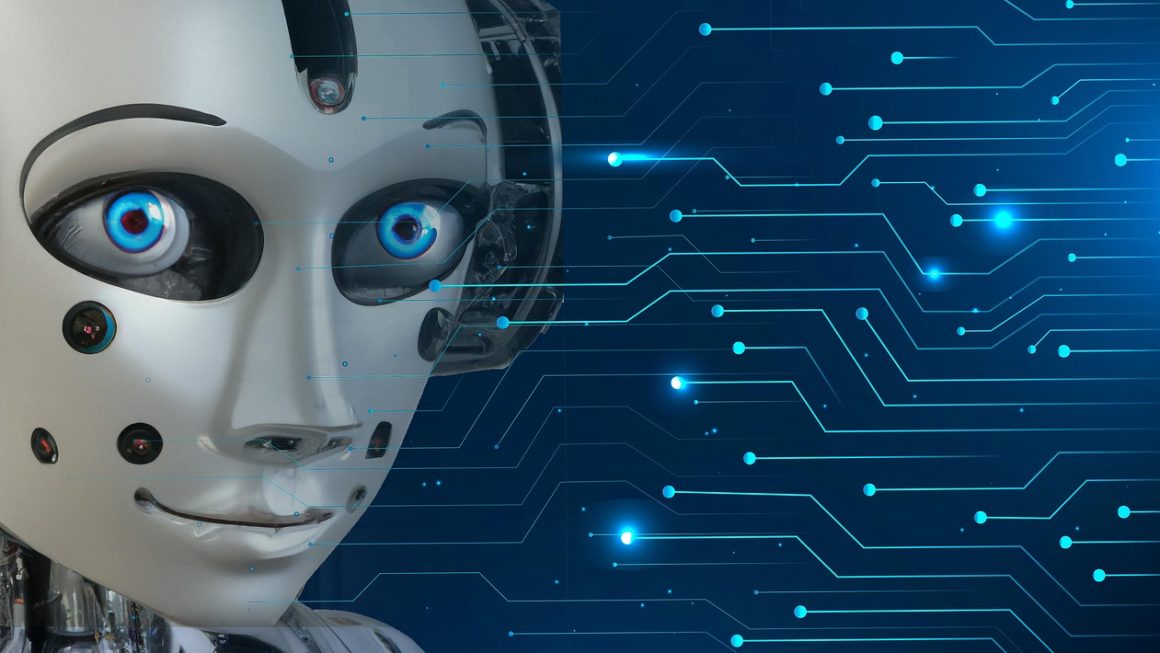
Price: $0.00
(as of Aug 23, 2025 08:49:04 UTC – Details)
Picture a world where your phone goes beyond just reacting to your commands—it actually comprehends the nuances of your voice and responds with understanding. Imagine your beloved video game characters not merely sticking to scripts but evolving to suit your gameplay, learning and adapting to your actions. Envision a homework assistant that isn’t a person but a digital tool that can elucidate math problems in a way that clicks for you. Sounds like something out of a sci-fi story, doesn’t it? Yet, the future isn’t as far off as we think; it’s gradually becoming our reality, with artificial intelligence, or AI, playing a pivotal role.
When we think of AI, we often envision futuristic robots with glowing eyes or humanoid machines that mimic our actions and speech. This portrayal, popularized by many films and novels, is captivating, but it only represents a small fraction of what AI truly encompasses. In reality, AI isn’t about creating androids; it’s about developing systems that can learn, reason, and adapt—qualities we typically attribute to human intelligence. It’s about crafting software and machines that can identify patterns, make informed decisions, and enhance their capabilities over time through experience.
So, what is AI, really? Let’s demystify it. At its essence, artificial intelligence is the discipline focused on creating machines or programs that can replicate human-like intelligence. This doesn’t imply that they possess emotions or consciousness; instead, it means they can be instructed to comprehend language, analyze data, and make choices based on that information. For instance, if you expose an AI system to thousands of images of cats and dogs, it can learn to differentiate between the two. By providing it with speech patterns, it can learn to transcribe conversations or even engage in dialogue like a human.
This form of learning is referred to as “machine learning,” which is a significant component of contemporary AI. Machine learning signifies that the system isn’t just programmed with specific tasks—it learns from examples. The more data it processes, the more proficient it becomes. Over time, AI can excel at tasks to the point where it surpasses human performance. We’ve already witnessed this phenomenon; AI has triumphed over world champions in games like chess and Go, and it is aiding physicians in diagnosing illnesses more accurately through medical imaging.
You may be surprised to discover that AI is already woven into your daily life. It operates subtly in ways that often go unnoticed. When your favorite streaming service suggests a new movie or show that you love? That’s AI analyzing your viewing habits to determine your preferences. When your email filters out spam? That’s AI discerning which messages are suspicious and which are significant. When your phone unlocks by simply recognizing your face? Yes, that’s AI at work as well.
AI no longer exists solely within scientific research facilities or top-secret government organizations—it’s omnipresent. Moreover, it’s not merely about convenience or entertainment. AI is reshaping how we learn in educational environments, how we navigate in vehicles, how we shop for essentials, how we communicate with healthcare providers, and even how we secure our homes. It’s revolutionizing nearly every aspect of our world, occasionally in subtle ways and at other times through significant transformations.
Take education, for instance. Traditionally, everyone in a classroom learned uniformly from the same textbook at the same speed. However, with AI-driven educational tools, students now receive customized lessons tailored to their unique requirements. If you’re proficient in math but face challenges with reading, an AI tutor can concentrate on enhancing your reading skills while maintaining advanced math lessons. It’s akin to having a teacher who intuitively understands your needs and adapts every lesson just for you.




